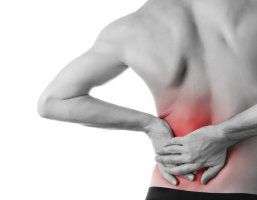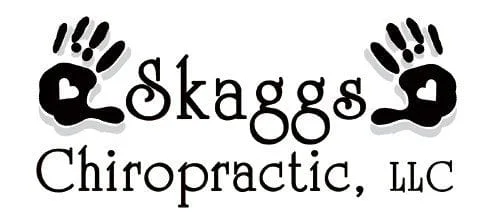
Myopathy refers to a group of muscle diseases that are caused by muscular dysfunction that results in muscle weakness and waste. It is important to recognize that while some myopathic conditions can be caused by reduced nerve supply or excess nerve supply, the disorders do not stem from a neurological problem. Rather, the issue lies solely within the muscles.
This does not mean that areas like the spine will not be affected. The muscles surrounding the spine can become weak, tight or atrophied and go into spasm. This can cause scar tissue and a modification in muscle tone, making myopathy one of five major interrelated components associated with what's called vertebral subluxation complex, a set of signs and symptoms that describe what occurs when the spinal bones lose their normal motion and position.
Myopathy Types and Causes
Myopathies vary by types, and some may be present from birth (congenital) while others present later on in life (acquired). Those that are congenital may be the result of a genetic defect, an inflammatory disorder, endocrine problems or a chronic immune deficiency. Acquired types, in contrast, may be due to drug side effects or chemical poisoning.
Myopathy Symptoms and Regions Affected
Regardless of which category or type, there are a number of general symptoms, including:
- Stiffness
- Muscle spasms
- Cramps
- Atrophy
The areas of the body that are affected vary, but may include the:
- Hips and legs
- Face
- Arms and forearms
- Legs
- Trunk
- Hands
- Spine
Can Chiropractic Treatment Help?
The symptoms of myopathy can be painful and incapacitating, but they can be alleviated by undergoing chiropractic treatments. In addition, combining chiropractic treatments with acupuncture and physical therapy may provide further relief. Taking a multidimensional approach can mean the irritating symptoms triggered by this muscular disease can be mitigated, because the muscles in the body are being addressed through a group of efforts, each of which are designed to stimulate the muscles in different ways.
For instance, massage — a type of manual therapy often used in chiropractic treatment — uses a hands-on technique to knead, strip or rub the soft tissues. Pressure may be soft or it may be deep, but its purpose is to increase circulation and blood flow, ease muscle tension, reduce pain, relax muscles, break up scar tissue and redistribute fluid.
Or, if the muscles surrounding the spine become weak, tight or atrophied and go into spasm, the resulting scar tissue can change muscle tone. This will require multiple spinal adjustments.
If you have a myopathic disorder, contact your chiropractor to better understand how they can help.

